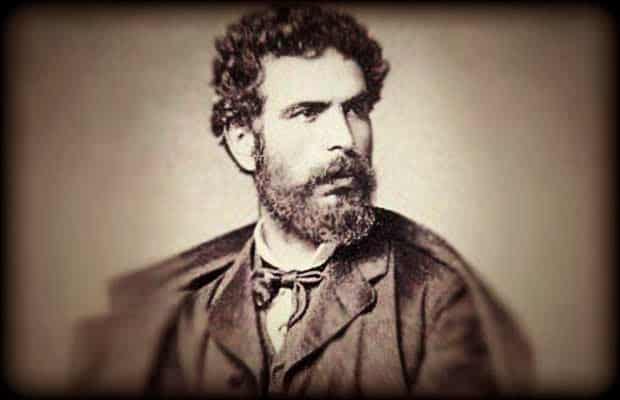Nikolaos Gyzis, a prominent Greek painter of the 19th century, is often considered one of the most influential figures in Greek art history. With his unique style and incorporation of symbolism and social commentary, Gyzis revolutionized Greek painting and left an indelible mark on the art world.
Born on March 1, 1842, in the village of Sklavochori, Crete, Gyzis showed early signs of artistic talent. Encouraged by his family, he moved to Athens in 1850 to study at the School of Arts. His exceptional skills quickly garnered attention, leading to a scholarship that allowed him to continue his studies in Munich, Germany.
In Munich, Gyzis was exposed to the emerging realist movement, which emphasized the accurate depiction of everyday life. Realism fascinated Gyzis, and he began incorporating its principles into his work. Moreover, he was also influenced by the Symbolist movement, which employed symbolism and fantasy to communicate deeper meanings in art. Gyzis skillfully merged these two styles, creating a unique blend that would become his signature.
One of his most famous works, "To Glyko Hetairismeno" (The Fates), exemplifies Gyzis's themes and techniques. Painted in 1878, the piece depicts three women representing the Fates in Greek mythology. The painting showcases Gyzis's excellent attention to detail and his ability to capture human emotions. Gyzis utilized symbolism, as seen in the intricate patterns on the clothing of the Fates, which allude to the complexities of destiny. Through this piece, Gyzis explored the concept of fate and the human struggle against it.
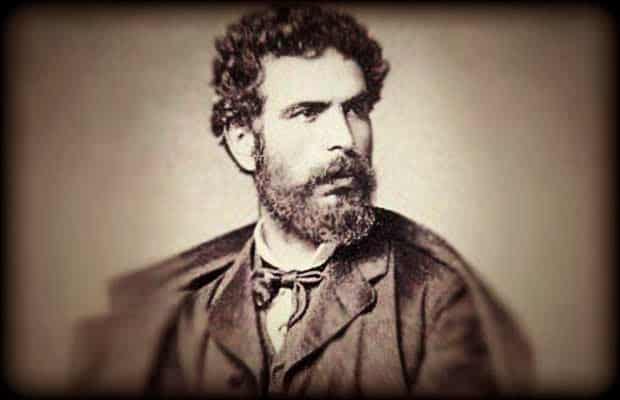
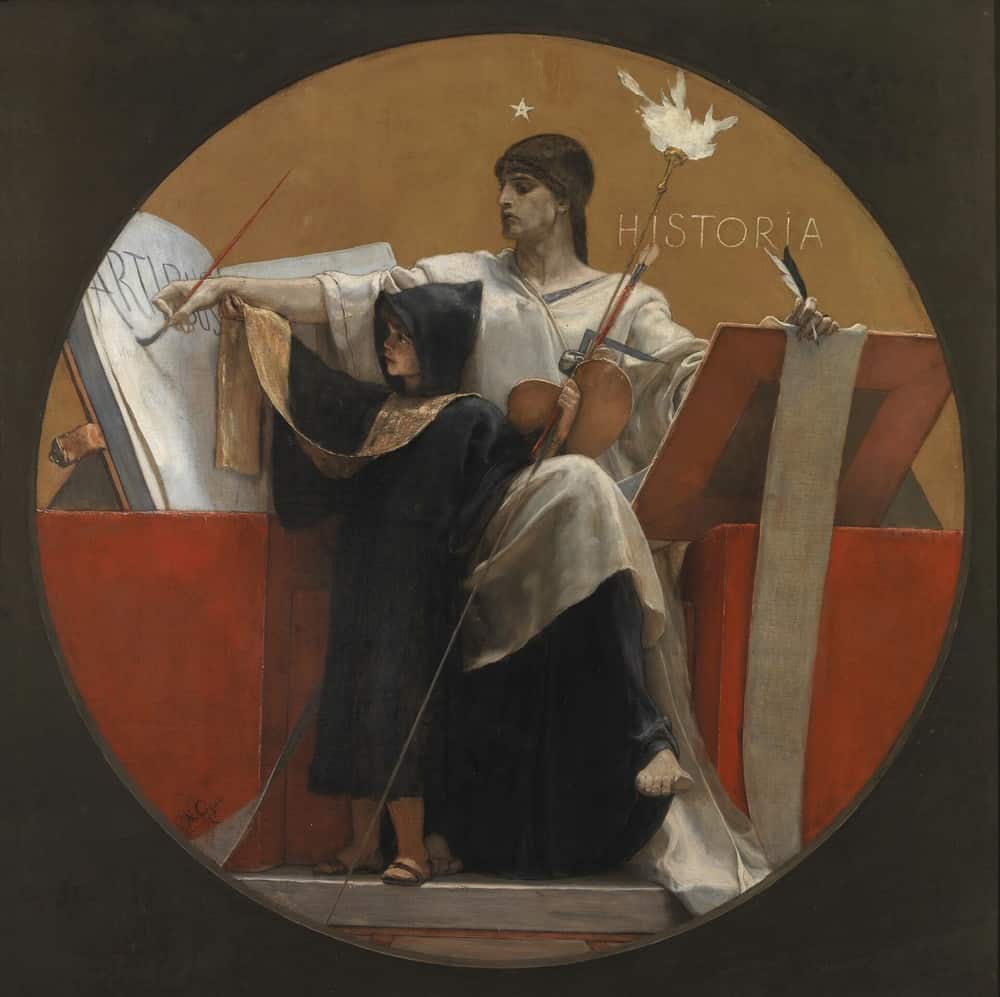
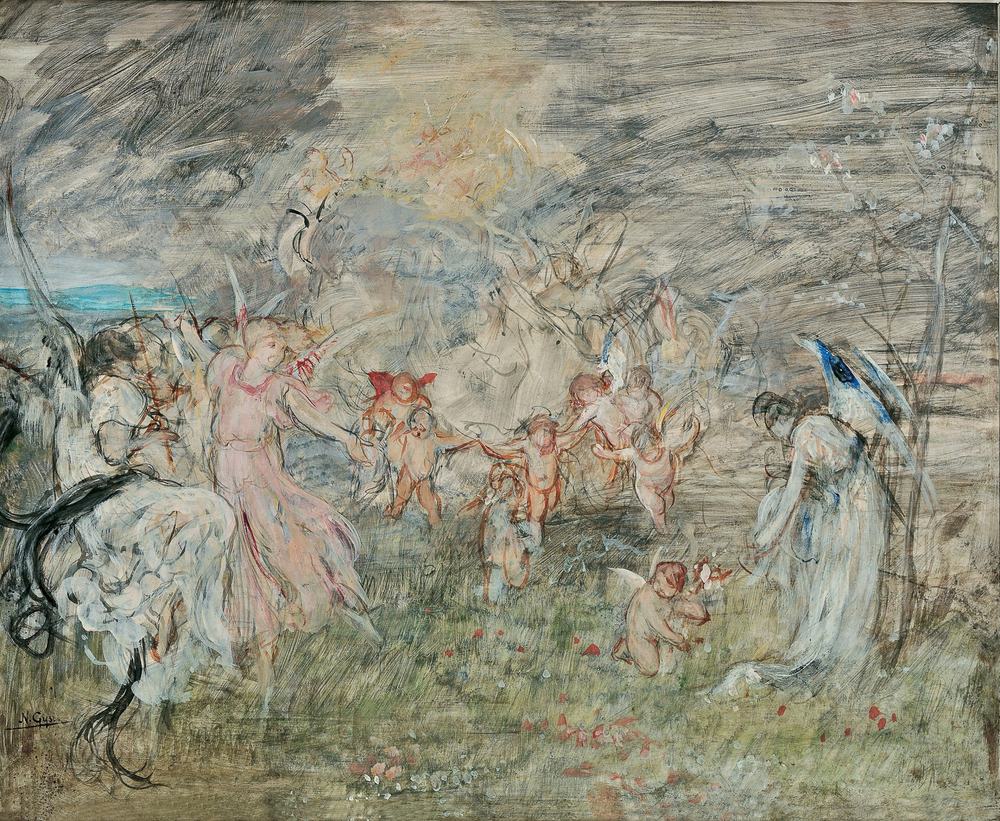

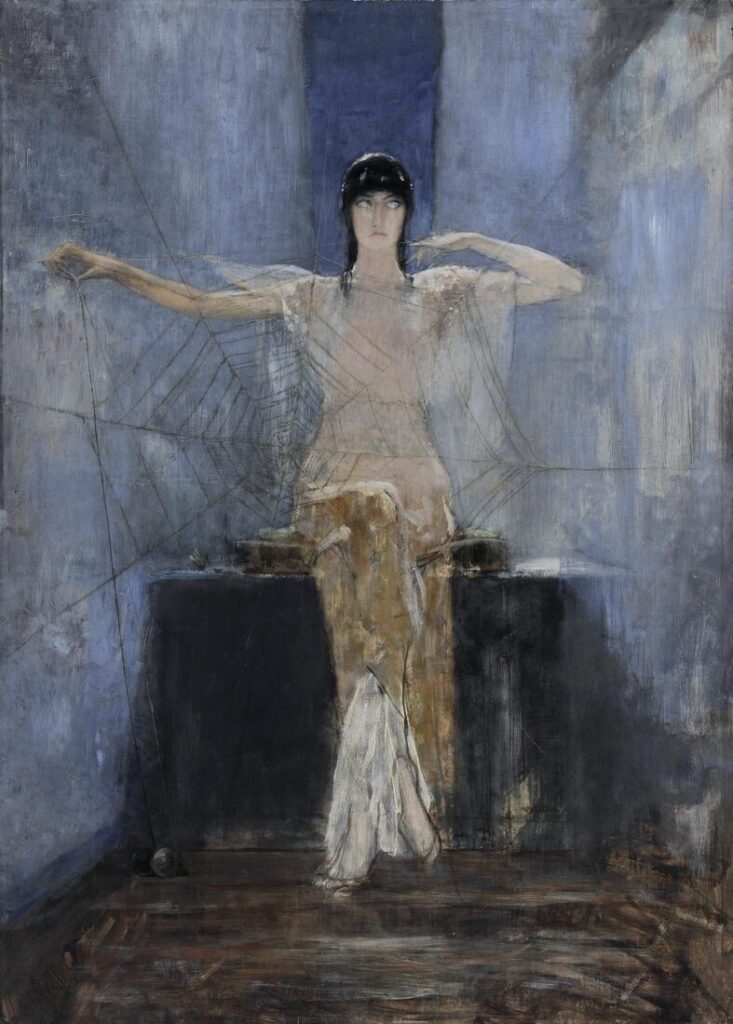
Gyzis's work often delved into social commentary, reflecting the tumultuous political and social climate of Greece during his time. The painting "The Secret School" (1885) is a prime example. The artwork depicts a clandestine school setting during the Ottoman occupation of Greece when Greek education was banned. Through this powerful piece, Gyzis shed light on the resilience and determination of the Greek people in preserving their culture and history amidst oppression.
The artistic contributions of Nikolaos Gyzis continue to be celebrated today. His legacy extends beyond his own works, as he also played a significant role in shaping the next generation of Greek artists. Gyzis became a professor at the School of Arts in Athens, where he imparted his knowledge and nurtured young talent. It is through his teachings that a new wave of Greek artists emerged, leading to a renaissance in Greek art.
Sadly, Gyzis's life was cut short when he succumbed to tuberculosis on January 4, 1901, at the age of 58. Nevertheless, his influence lives on, and his contributions to Greek art remain invaluable. Today, Gyzis's works can be found in the National Gallery of Greece and other prestigious museums worldwide.
Nikolaos Gyzis's art will forever be remembered as a significant chapter in the history of Greek painting. His ability to blend realism with symbolism created a unique and captivating style that continues to inspire artists today. Gyzis's commitment to shedding light on the social and political issues of his time exemplifies the power of art as a form of expression and catalyst for change.

